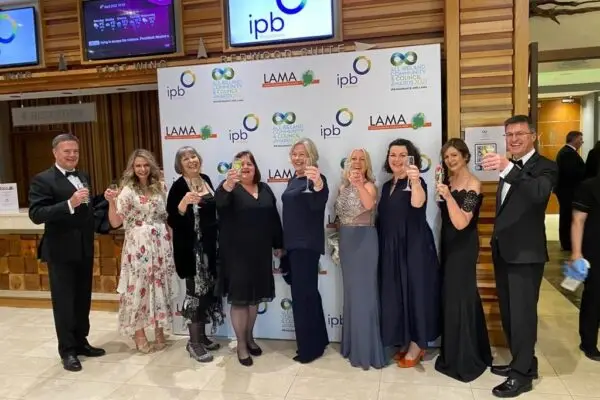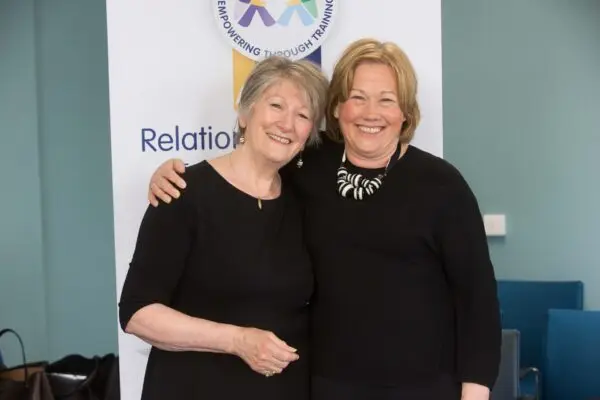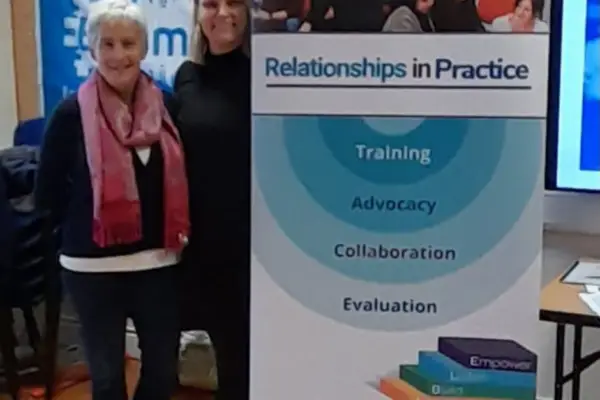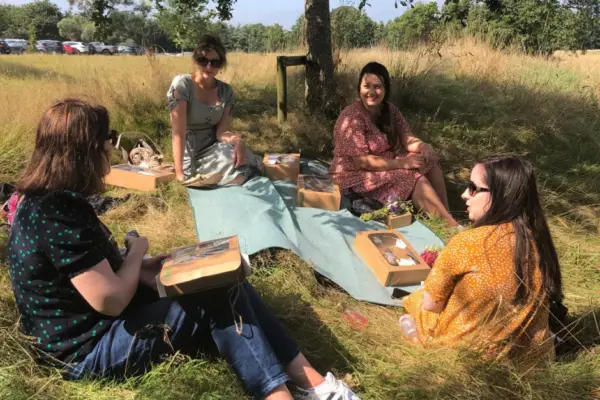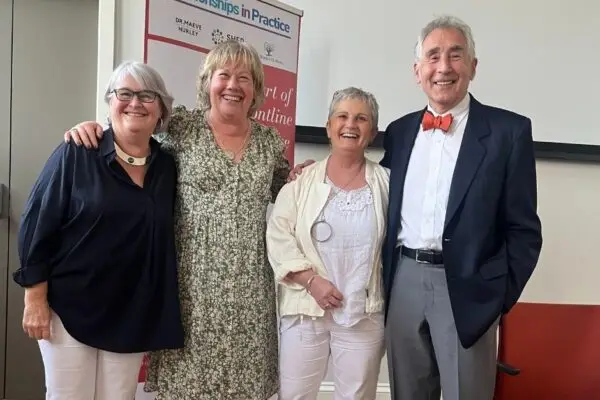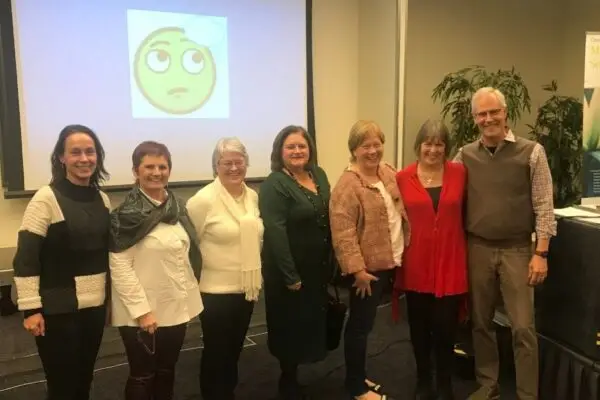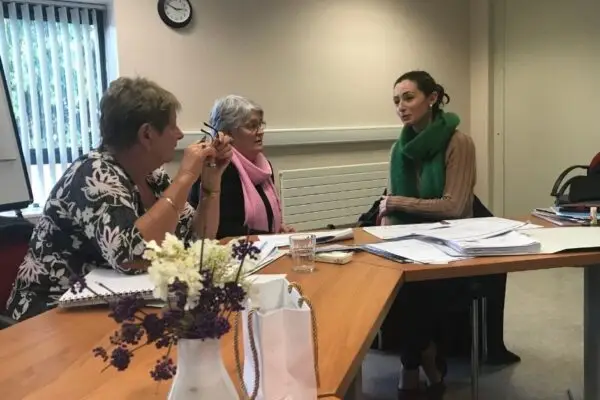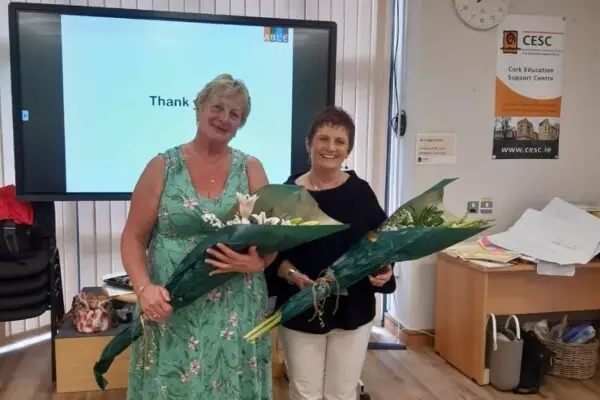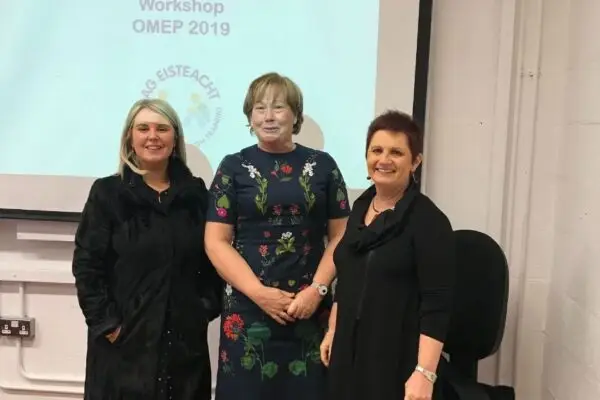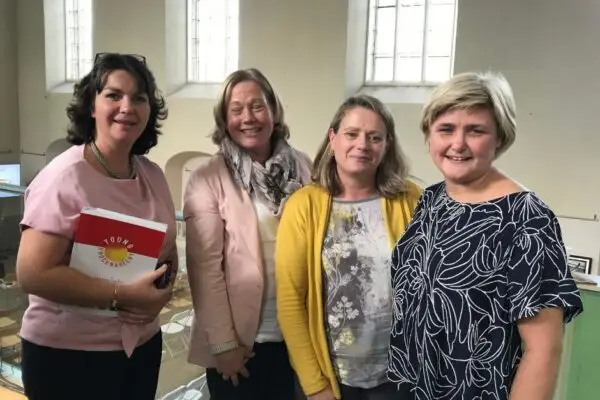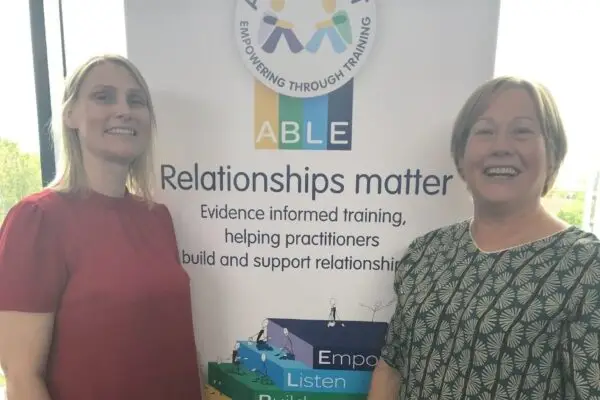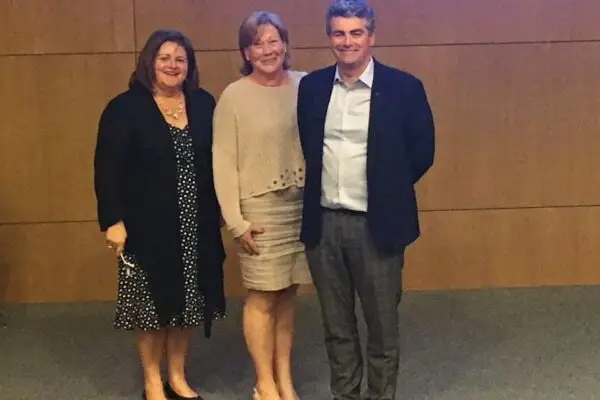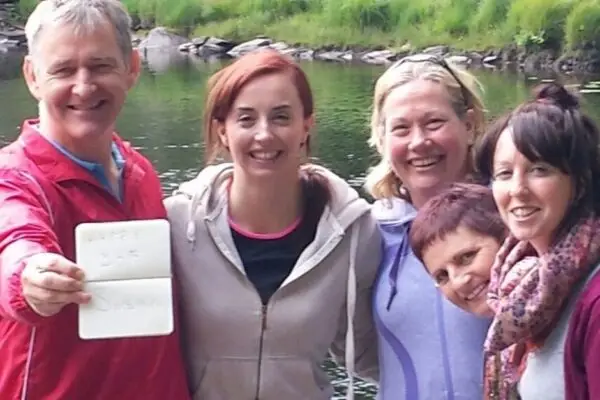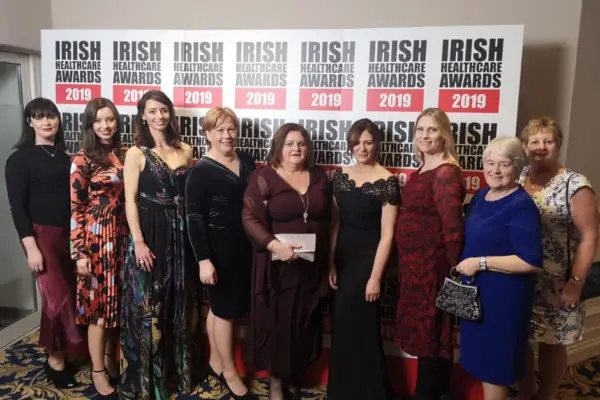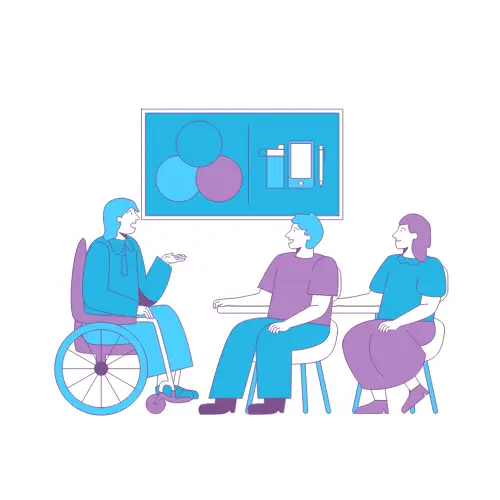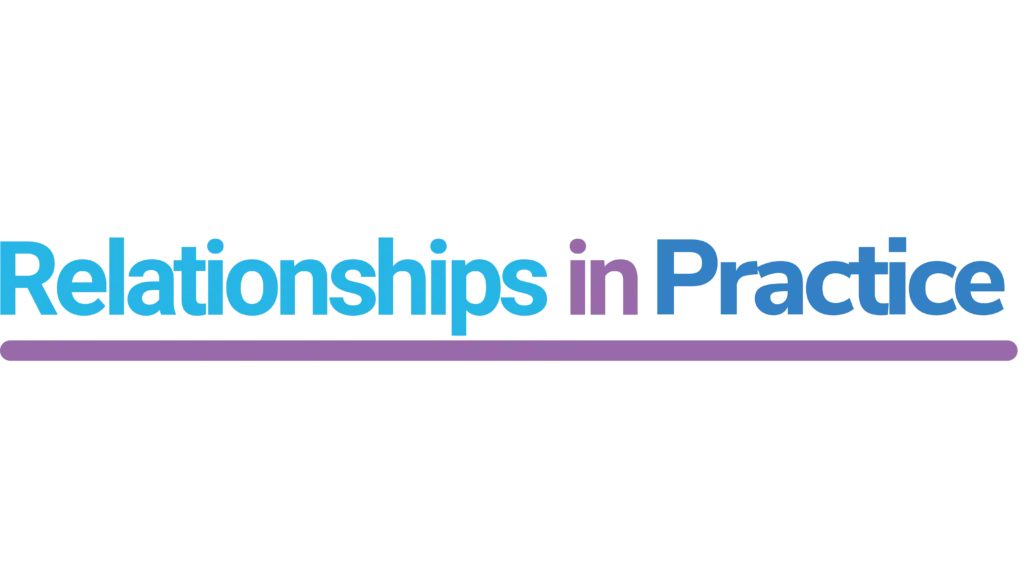
About Us
Relationships in Practice supports frontline practitioners’ relational, reflective and interpersonal capabilities because evidence shows that empowering frontline practitioners to relate with empathy and sensitivity leads to better health and well-being outcomes. By providing training, reflective spaces, tools, insight, and understanding of the importance of relational capability, this programme makes an important and valuable contribution to the fields of health, education, social care, and justice.
Our mission
Our mission is to actively promote and support Relationship centred practice and Relational capability in order to improve health and wellbeing outcomes for practitioners, clients, and organisations across Ireland.
Our Vision
We aspire to an Ireland where all practitioners are empowered with the skills and resources to respond in a sensitive and focused way when someone turns to them for help, particularly during times of change or relational distress.
Our values
Time, attention, and respect stand at the heart of our work.
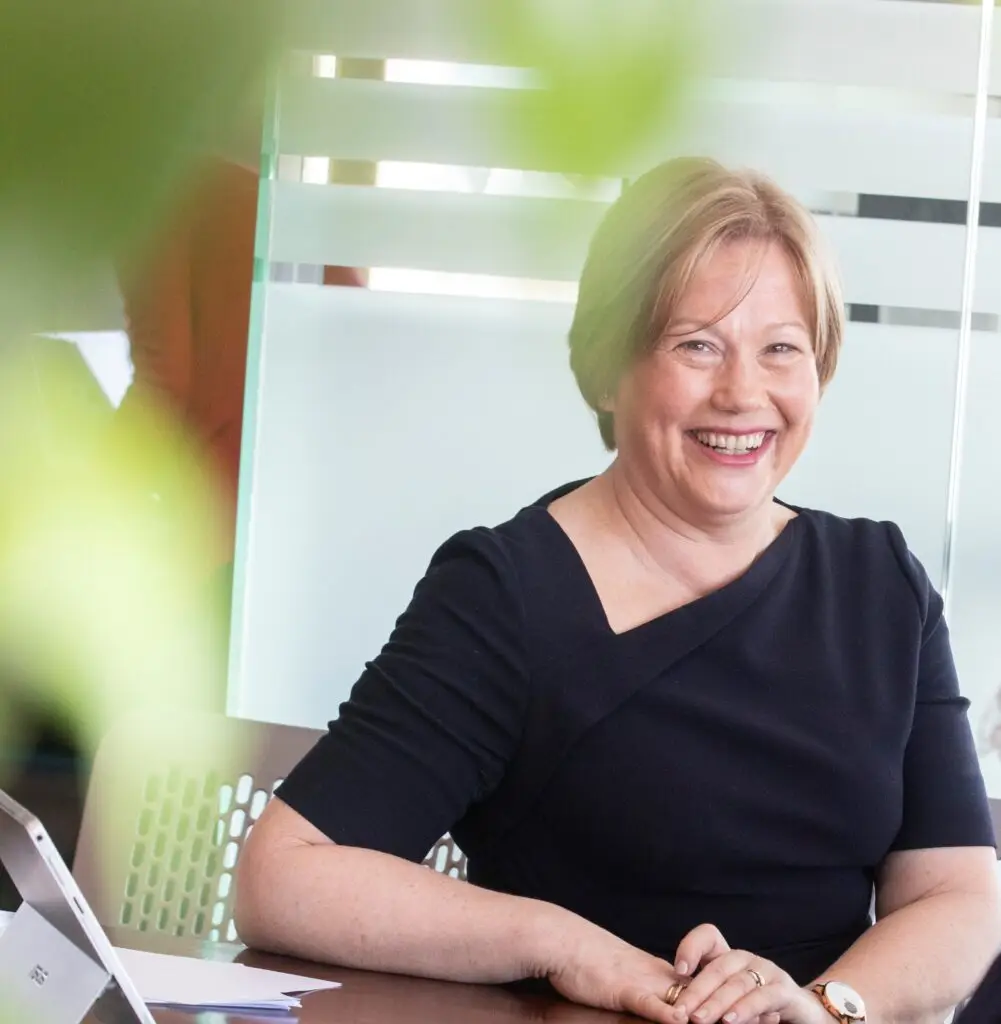
“What continues to inspire me is the feedback and case studies we receive from practitioners illustrating how our training has enhanced their ability to relate, communicate, and understand others - the gift that is to both client and practitioner.”
Dr Maeve Hurley
Our History
The story of Relationships in Practice started in 2001 when Dr. Maeve Hurley established Ag Eisteacht with Kathy Jones. Maeve is a mother, wife, and former GP, so these dynamic and live relational experiences have informed much of her passion and drive for the work. With a nursing background and a passion for a relationship-centred approach, Kathy shared Maeve’s vision and supported the work from the outset. Ag Eisteacht, which is the Irish word for listening – a key competency in building relationships in practice – became an Irish registered charity in 2013. In 2017, the charity developed and launched ABLE (Adopt a relational approach, Build & Boundary, Listen and Empower & End). This brief intervention model has formed the foundation of all its evidence-based training programmes since then. Ag Eisteacht adopted the tagline ‘Relationships in Practice’ in 2020 to reflect the broader scope of its work: Training, Advocacy, Collaboration, and Evaluation. In December 2021, Ag Eisteacht voluntarily deregistered as a charity, and in January 2022, Relationships in Practice came under the Social and Health Education Project (SHEP) in collaboration with the Ag Eisteacht Foundation.
Since May 2024, Relationships in Practice has been operating as a single entity, collaborating with all key stakeholders and trainers to advance our future plans.
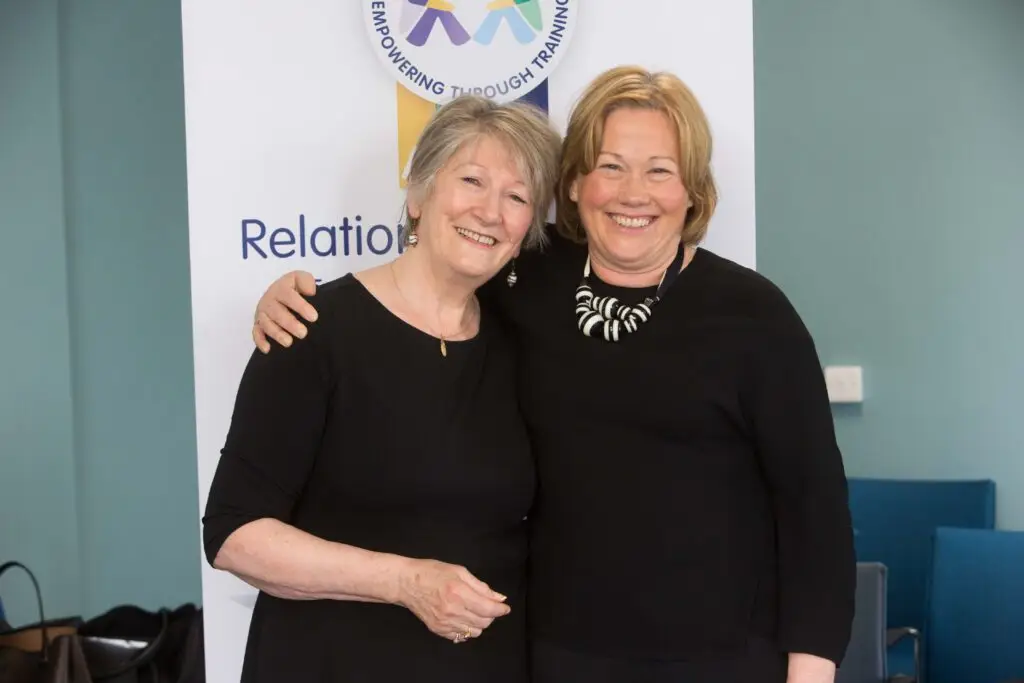
We promote and support Relationships based practice, by placing relationships at the centre of all we do.
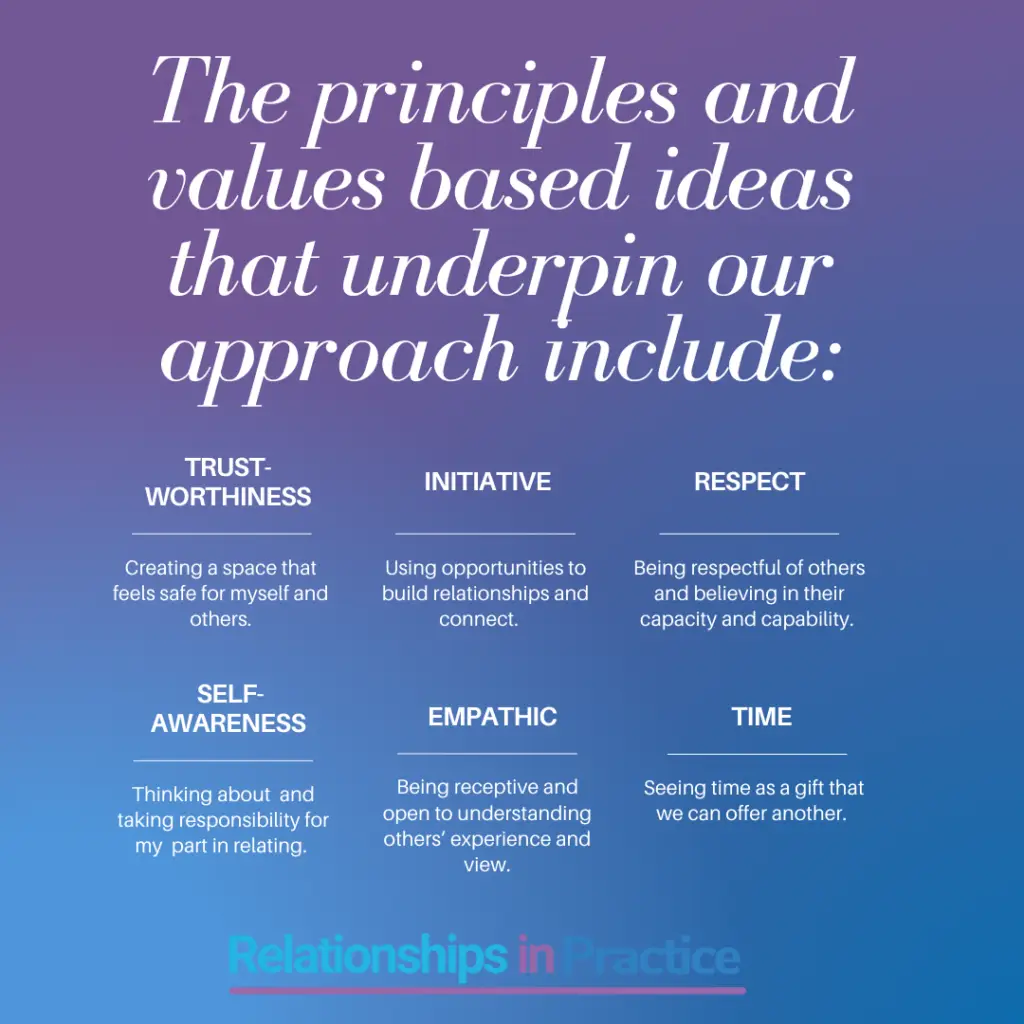

Knowledge and skills
Our training includes knowledge about relationships, stages of development, Polyvagal theory, conflict, and transition theory, and other aspects relevant to the group. It also introduces the ABLE brief intervention model which gives practitioners a framework to use and builds their confidence and skills in managing their time and offering clients opportunities to talk about issues that are troubling them. The skills practice opportunities are supported and build on strengths and equip practitioners to use the skills on return to practice.
Organisational conditions
We value opportunities to work with organisations and reflect together on the conditions that support or impede relationship centred practice. We have trained teams and worked with them to embed the learning in practice and continue to develop as an organisation committed to relationship based care.
External conditions
We operate in the economic, social and cultural conditions that are part of our human experience and the communities we are part of. These all play a part in individuals’ and teams’ ability to be Relationship centred in work.
Our Relationships in Practice work
Our aim is to support and promote relationship-centred practice through evidence-based training and other initiatives.
Training
Our evidence-informed training programmes are all based on ABLE (Adopt a relational approach, Build and Boundary, Listen and Empower & End), a brief intervention model we developed to support quality relationships in frontline practice.
Why we do it
Relationships matter. They are a key social determinant in our lives, acting as both a risk and a buffer/protective factor.
As human beings, we are primed to relate and connect. Relationships are part of what keeps us healthy.
Scientific studies show that positive relationships are good for our health. They can help us to feel safe, seen, soothed, and create a space where we are able to be open and share our worries and concerns.
When people need help, they often turn to a trusted practitioner for support. This could be a GP, a family support worker, a public health nurse, a social worker, a childcare worker or a teacher.
Frontline practitioners are ideally placed to be that caring adult.

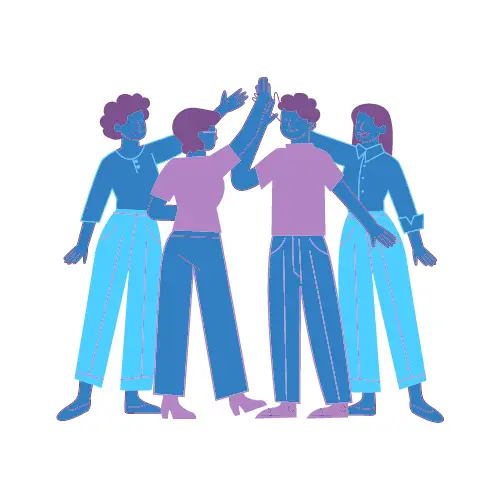
Why relationships in practice matter
Evidence shows that the quality of the relationship between a practitioner and a client/patient has the potential to enhance the service itself at its core and to impact positively on health and well-being outcomes.
By relating with empathy, sensitivity, and understanding, frontline practitioners, such as GPs, public health nurses, early childcare professionals, teachers, social workers, and social care practitioners, are ideally placed to support individuals and families, particularly during times of change or transition.
Our Trainers
Relationships stand at the heart of our work. Our licensed trainers have diverse experience of frontline practice work and a shared interest in relationship-centred practice. Each is adept at tailoring the course content as they are delivering it to reflect the needs of the group. This is a rare skill.
